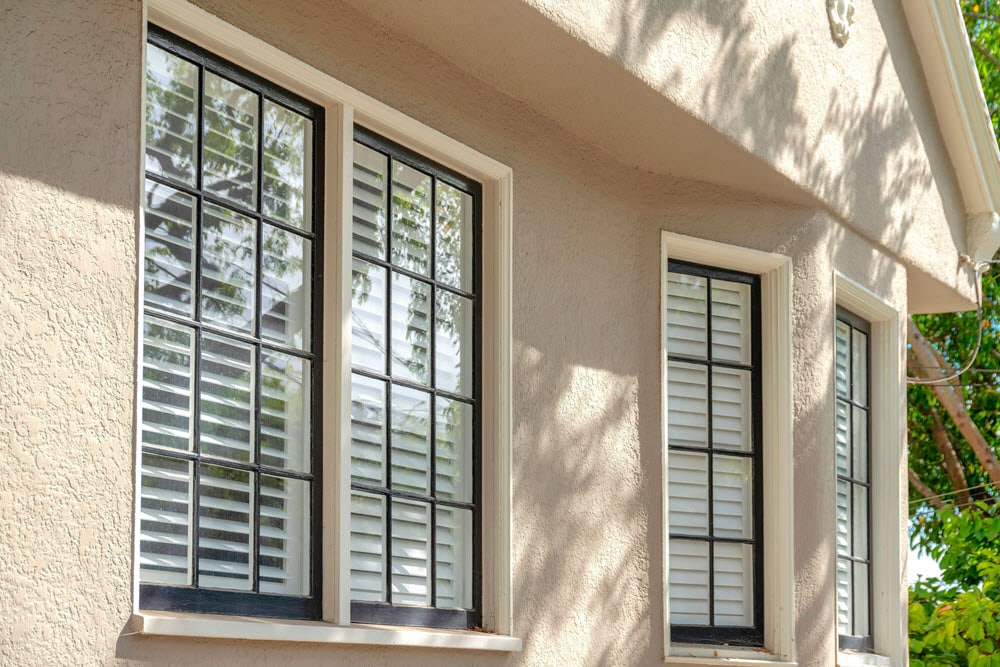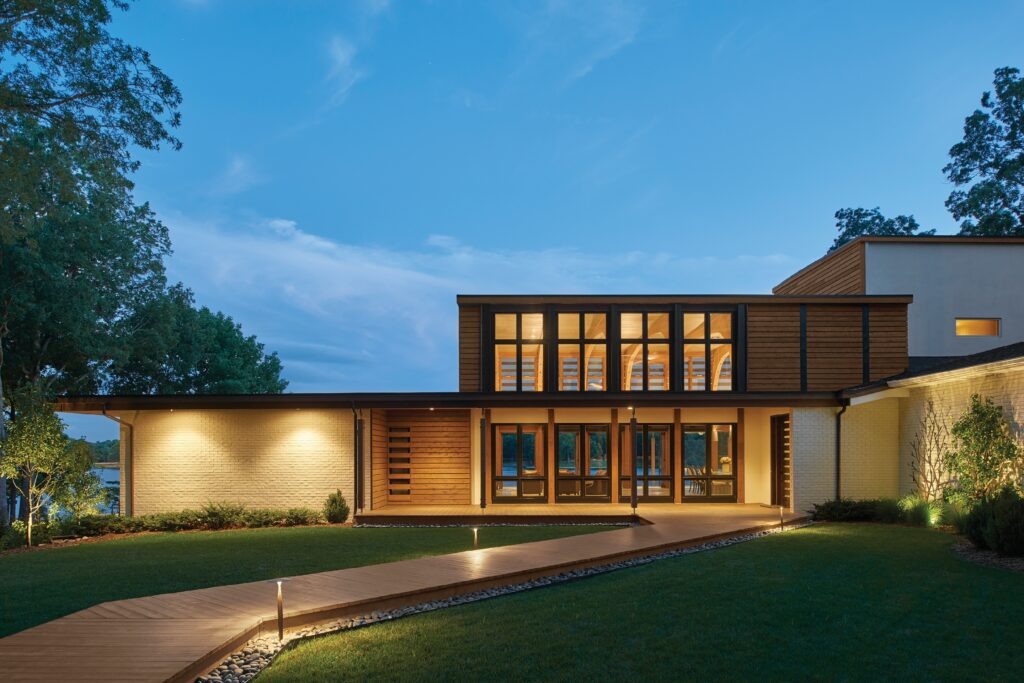5 Signs It's Time to Replace Your Windows
Do you find yourself wondering if it’s time to replace your windows? Upgrading your windows can offer various benefits, including improved ventilation, energy efficiency, noise reduction, and enhanced safety. In this article, we will explore five indicators that suggest it may be time to consider window replacement. These signs include difficult window operation, uncomfortable drafts or poor energy efficiency, outdoor noise intrusion, damaged windows, and signs of moisture damage. By understanding these signs, you can determine if your windows need replacing for enhanced comfort and energy efficiency in your home.
Difficult Window Operation
One of the signs that it may be time to replace your windows is if they are difficult to operate. Windows that are hard to open and close can be frustrating and may indicate that it’s time for a replacement. For example, a well-functioning double-hung window should slide easily for efficient ventilation and tilt inwards for easy cleaning. Additionally, select casement and awning windows offer an Easy-Slide Operator for effortless sliding and closing. If your windows are not operating smoothly and efficiently, it may be a sign that you should start shopping for replacement windows.
Uncomfortable Drafts or Poor Energy Efficiency
Another indicator that your windows may need replacing is if you experience uncomfortable drafts or poor energy efficiency. Drafty windows can contribute to increased energy bills, especially during the winter months. They can also be a sign of improper installation or single-pane windows, which lack insulation.
Additionally, fading interiors, such as wood floors and furniture, may indicate that your windows are not energy efficient. Selecting windows with low-emissivity (Low-E) glass coatings can help prevent fade damage and improve energy efficiency by blocking harmful UV rays.
If you notice drafts, increased energy bills, or fading interiors, it may be time to consider window replacement.
Outdoor Noise Intrusion
If you find that your windows are allowing unwanted external noises into your home, it may be a sign that it’s time to replace them. Outside noise can disrupt your sleep and overall comfort. While no window can eliminate sound, certain factors can help reduce noise transmission.
Windows with multiple panes of varying glass thicknesses can provide better sound damping at different frequencies. Insulated window frames and proper airtight installation can also improve sound resistance. By investing in noise-resistant windows, you can create a quieter and more peaceful environment in your home.
When selecting noise-resistant windows, consider their sound performance ratings. Look for windows that have been tested and certified for noise reduction. These windows are designed to minimize outdoor noise intrusion and provide better sound insulation for your living spaces. You can enjoy a quieter home, free from the disturbances of traffic, construction, or other outdoor noises.
Additionally, noise-resistant windows offer added benefits beyond sound insulation. They can improve energy efficiency, enhance security, and reduce UV radiation. By replacing your existing windows with noise-resistant options, you can create a more comfortable and tranquil living environment while enjoying the numerous advantages that these windows have to offer.
In conclusion, if outdoor noise is affecting your quality of life, consider upgrading to noise-resistant windows. By reducing noise intrusion, these windows help create a peaceful and serene atmosphere in your home, allowing you to relax and enjoy your living spaces without interruptions from the outside world.
Damaged Windows
If you have damaged windows in your home, it’s essential to address them promptly. Cracked, chipped, or windows with broken glass not only compromise the security of your home but also impact energy efficiency. These damaged windows allow air to leak in and out, resulting in increased heating and cooling costs. Moreover, they can create an entry point for insects and allergens, affecting the overall comfort and health of your living space.
Moisture Damage
Signs of moisture damage, such as mold, condensation between windowpanes, or water seepage, can indicate that your windows are beyond repair. Moisture damage can lead to further issues like rotting and decay, necessitating window replacement.
Conclusion
By addressing damaged windows promptly, you can restore the functionality and aesthetics of your home. Investing in high-quality replacement windows will not only enhance the security of your home but also improve energy efficiency, resulting in lower utility bills. Additionally, modern window technologies offer improved insulation, noise reduction, and UV protection, ensuring a more comfortable and peaceful living environment.
FAQ
What are the signs that it may be time to replace your windows?
The signs that it may be time to replace your windows include difficult window operation, uncomfortable drafts or poor energy efficiency, outdoor noise intrusion, damaged windows, and signs of moisture damage.
How do I know if my windows are difficult to operate?
Windows that are hard to open and close are difficult to operate. If your windows are not sliding easily or tilting inwards for easy cleaning, it may be time for a replacement. Casement and awning windows offer an Easy-Slide Operator for effortless sliding and closing.
How can I tell if I have uncomfortable drafts or poor energy efficiency in my windows?
Uncomfortable drafts or poor energy efficiency in your windows can be indicated by increased energy bills, fading interiors, and noticeable drafts. Single-pane windows and improper installation can contribute to drafts and lack of insulation. Investing in energy-efficient windows with low-emissivity (Low-E) glass coatings can improve energy efficiency and prevent fade damage.
Can replacing my windows reduce outdoor noise intrusion?
While no window can eliminate sound, replacing your windows with options that have multiple panes of varying glass thicknesses, insulating window frames, and proper airtight installation can help reduce outdoor noise intrusion and improve sound resistance in your home.
When should I replace my damaged or foggy windows?
Damaged windows that are cracked, chipped, or have broken glass should be replaced for security reasons, energy efficiency, and overall functionality. Foggy windows, where condensation exists between the glass panes, also indicate window damage and should be replaced for optimal performance.



